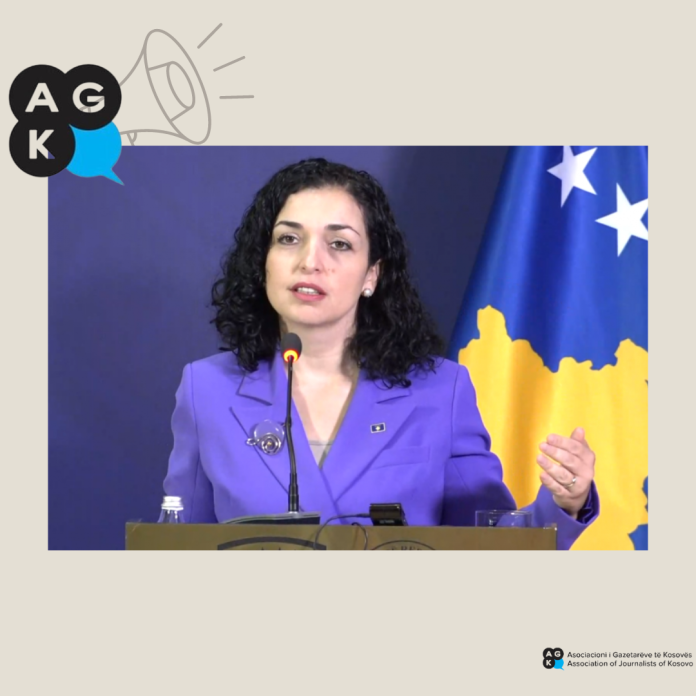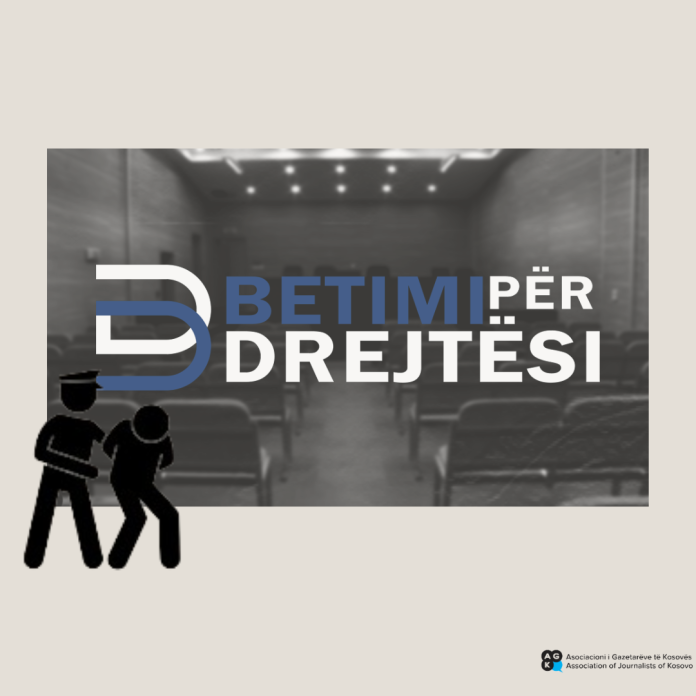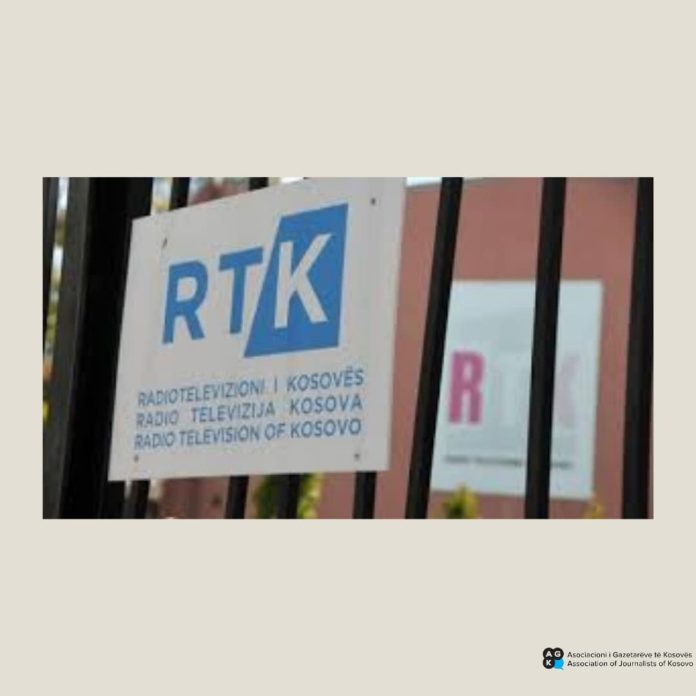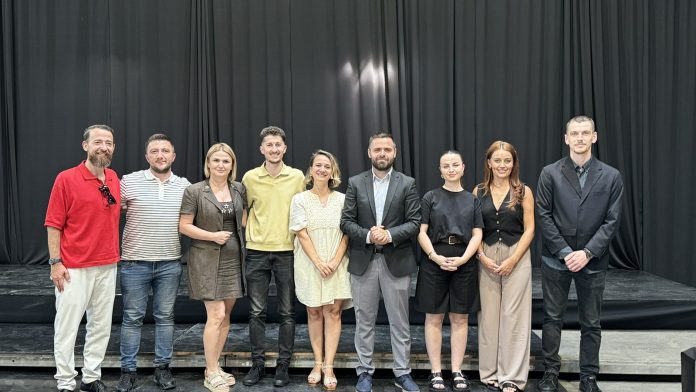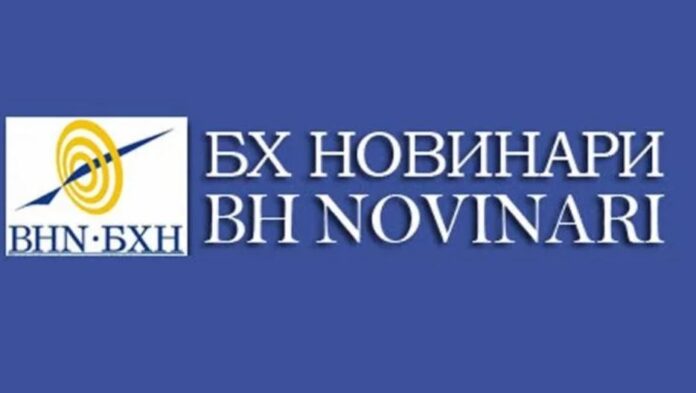After the re-appointment of Ursula von der Leyen as President of the European Commission, the media and journalistic organizations sent a letter to the newly elected President. The letter aims to cover key topics related to press freedom, safety of journalists and EU mechanisms such as the European Media Freedom Act or the Digital Services Act, which the coalition wants to see among the political priorities of the Commission’s next mandate.
July 19, 2024
European Commission President Ursula von der Leyen
European Commission
Rue de la Loi 200
1049 Brussels
Belgium
Dear President von der Leyen,
We are writing as members of the media and press, journalist organizations, and the wider media freedom community to congratulate you on your re-appointment as President of the European Commission, and to urge you to ensure that media freedom, the protection of journalists, and EU citizens’ access to public interest journalism remain high political priorities over the coming term of your Commission.
The last Commission took important legislative and non-legislative measures to address media freedom and the protection of journalists. Despite these laudable efforts, media freedom around Europe is subject to severe threats and restrictions, posing a risk to European Union democratic values. Through their work, journalists uphold such values, fight disinformation, and contribute to a better functioning of the EU institutions. It is essential that the next Commission cement this legacy and support durable and long-lasting solutions to strengthen the space for media freedom, pluralism and independence as well as the sustainability and competitiveness of the media sector in Europe.
We, the undersigned organizations, strongly urge you to continue the legacy of the outgoing Vice-President for Values and Transparency and re-appoint another Vice-President with a clear and robust mandate to use all available EU mechanisms, including policy, legislation, and budget, to promote press freedom and the safety of journalists. In particular, we urge you to explicitly list this mandate in your mission letter to one of the Vice-Presidents, establishing it as a political priority over the next five-year term.
We ask that the Vice-President have a sufficiently robust and far-ranging mandate to address the following:
- Reinforce DG Connect to lead on media:
– Guarantee that media freedom remains a political priority for the European Commission and provide a dedicated budget and human resources increase to DG Connect, to act as lead Directorate-General for media freedom and pluralism -as a strengthened body within the Commission. This would ensure necessary synergies and coherent enforcement between digital and media policies, in particular when it comes to artificial intelligence, copyright and audiovisual rules as well as the Digital Services Act.
- Make EU Media law a reality:
– Ensure the ambitious enforcement of the European Media Freedom Act to promote media independence, support public service media, build financial sustainability of the media, and
strengthen the effectiveness of the European Board of Media Services (“the Board”) to, amongst other things, consult meaningfully with civil society.
– Ensure a thorough and meaningful assessment of any relevant EU instruments and legislation that could impact press freedom.
- Advance the safety of journalists:
– Ambitiously review the Safety of Journalists Recommendation 2021 to advance the ongoing efforts by Member States to improve the safety of journalists, online and offline.
– In cooperation with the press freedom community, provide support and guidance to all EU Member States in line with the Commission’s Journalist Safety Recommendation, the anti-SLAPP Directive, the anti-SLAPP Recommendation and recommendations from the Annual Rule of Law reports.
- Strengthen the plurality of media providers and ensure media sustainability online and offline:
– Use the mechanisms within the Digital Services Act and the European Media Freedom Act to strengthen the position of European journalism in the digital environment and strengthen media in the face of the growing emergence of online platforms and artificial intelligence. – Establish a dedicated strategy of funding for the news media, including a new programme for journalism as part of the next Multiannual Financial Framework, and ensure the continuous support for ongoing funding initiatives.
- Strengthen the EU’s action on the rule of law:
– Be ambitious and creative with regards to the application of the 2020 Regulation on a general regime of conditionality for the protection of the Union budget by making EU funds conditional when violations of media freedom in Member States breach the rule of law and EU treaty values as they relate to EU budget (with a view to possibly opening and amending the 2020 Regulation if it cannot fit this role).
– Further strengthen the dialogue around the Rule of Law Mechanism (and Report) to scrutinize and improve measures taken by Member States with a view to tangibly improving the lives and work of journalists, and building trust in the EU institutions to safeguard media freedom as part of the rule of law.
Thank you for your consideration of our requests.
Signed:
- Albanian Media Institute
- ARTICLE 19
- Association of European Journalists (AEJ Belgium)
- Cartoonists Rights
- Center for Independent Journalism (CIJ Hungary)
- Committee to Protect Journalists
- Community Media Forum Europe (CMFE)
- European Broadcasting Union (EBU)
- European Centre for Press and Media Freedom (ECPMF)
- European Federation of Journalists (EFJ) 11. Faktograf – The Association for the Informed Public 12. Free Press Unlimited (FPU)
- Global Forum for Media Development (GFMD) 14. IFEX
- Initiative for Freedom of Expression-Turkey (IFoX) 16. International Media Support (IMS)
- International Press Institute (IPI)
- IPS Communication Foundation/ bianet 19. Lie Detectors
- Media Diversity Institute (MDI)
- OBC Transeuropa (OBCT)
- PEN International
- Platform for Independent Journalism (P24) 24. Reporters Without Borders (RSF)
- Society of Journalists (Warsaw)
- South East Europe Media Organisation -SEEMO




